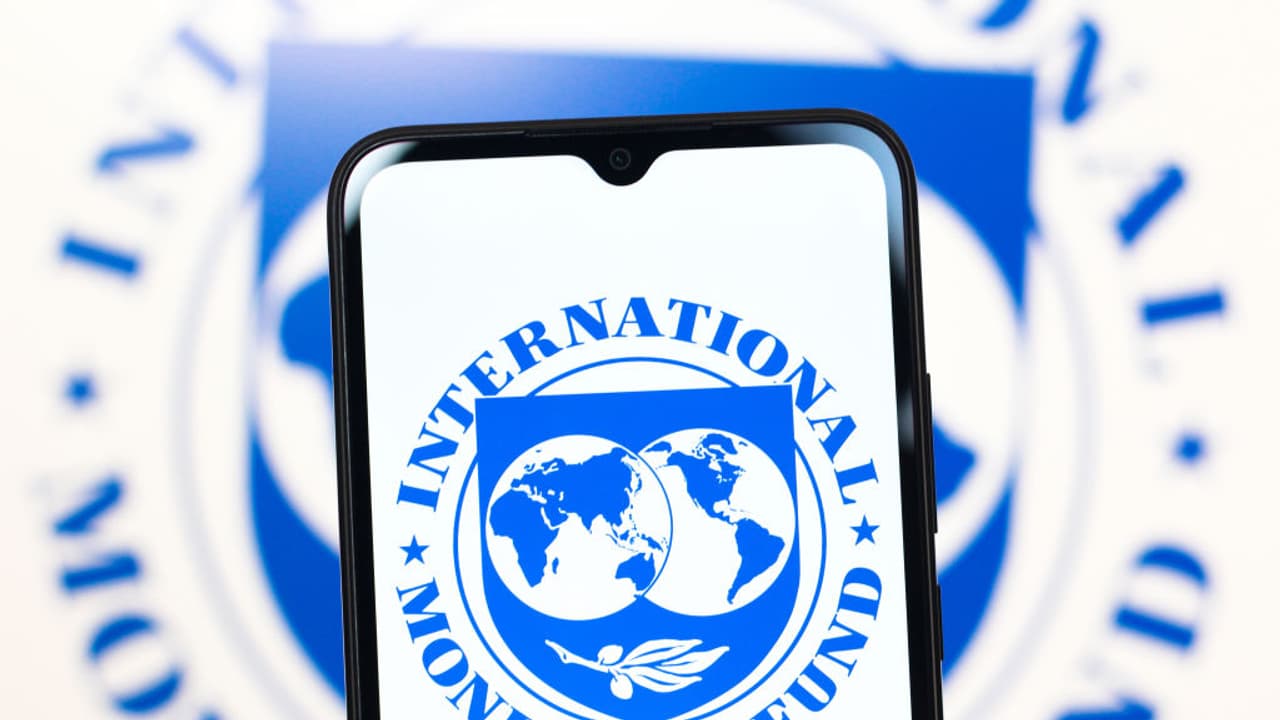IMF defends USD 1 billion assistance to Pakistan despite India's warnings about potential misuse for terrorism financing.
The International Monetary Fund (IMF) recently approved a USD 1 billion financial assistance package to Pakistan this month, brushing aside India's serious apprehensions that the funds could end up supporting cross-border terrorism infrastructure. The decision has sparked concern in New Delhi, which has long accused Islamabad of sheltering and financing terror networks.

India's Defence Minister Rajnath Singh, on May 16, urged the IMF to reconsider its financial lifeline to Pakistan, warning that Islamabad could channel a significant chunk of the assistance towards terrorism.
Singh’s warning came amid persistent intelligence inputs pointing to Pakistan’s continued support for terror groups operating against India. However, the IMF appeared unshaken by the concern, reiterating its faith in Pakistan's compliance with agreed conditions.
‘Pakistan Met All Targets’, Says IMF
Julie Kozack, Director at the IMF’s Communications Department, on Friday confirmed that the IMF’s Executive Board approved the assistance after conducting a review of the Extended Fund Facility (EFF) granted to Pakistan in September last year.
“What I want to emphasise here is that it is part of a standard procedure under programs that our executive board conducts periodic reviews of lending programmes to assess their progress,” Kozack said during a media briefing.
“And they particularly look at whether the programme is on track, whether the conditions under the programme have been met, and whether any policy changes are needed to bring the programme back on track.”
According to Kozack, Pakistan had “indeed met all of the targets” and had “made progress on some of the reforms,” prompting the board to approve the disbursement.
IMF Insists Funds Won’t Go to Government
Responding to growing concerns about the end-use of IMF funds, particularly India’s allegations of terror financing, Kozack clarified that the disbursements are directed to Pakistan’s central bank and are not meant for the government’s budget.
“The IMF financing is provided to members for the purpose of resolving balance of payments problems,” she explained.
“So, those disbursements are at the central bank, and under the programme, those resources are not part of budget financing. They are not transferred to the government to support the budget,” Kozack added.
Safeguards in Place, Says IMF
Attempting to defend the IMF’s due diligence, Kozack pointed to safeguards within the EFF programme.
“The EFF programme provides additional safeguards through our conditionality. And these include, for example, targets on the accumulation of international reserves. It includes a zero target, meaning no lending from the central bank to the government,” she said.
“And the programme also includes substantial structural conditionality around improving fiscal management.”
Despite IMF assurances, India remains unconvinced that the funds will be used exclusively for economic stabilisation. With Pakistan’s long history of supporting proxy war and harbouring fugitives wanted in India, New Delhi fears the IMF’s disbursement could inadvertently bankroll further instability in the region.
Earlier, reports suggested that the IMF has imposed 11 new conditions on Pakistan for the release of the next tranche of its bailout programme, warning that escalating tensions with India could undermine the fiscal, external, and reform objectives of the plan.
The new IMF conditions for Pakistan reportedly include securing parliamentary approval for a Rs 17.6 trillion budget, raising the debt servicing surcharge on electricity bills, and removing the ban on importing used cars older than three years.
The IMF report projects Pakistan’s defence budget for the upcoming fiscal year at Rs 2.414 trillion—an increase of Rs 252 billion or 12%.
However, following a recent escalation with India, the Pakistani government has signalled plans to allocate over Rs 2.5 trillion for defence, marking an 18% hike from the IMF’s estimate.
The spike comes in the aftermath of ‘Operation Sindoor,’ during which India conducted precision strikes on terror infrastructure on May 7 in retaliation for the April 22 Pahalgam terror attack that claimed 26 lives. In response, Pakistan attempted retaliatory strikes on Indian military bases on May 8, 9, and 10, which was successfully thwarted by India's robust air defence systems. In retaliation, India carried out precision strikes dismantling 11 Pakistani airbases.
The conflict de-escalated on May 10, when both nations reached an understanding to cease hostilities after four days of intense cross-border drone and missile exchanges.


